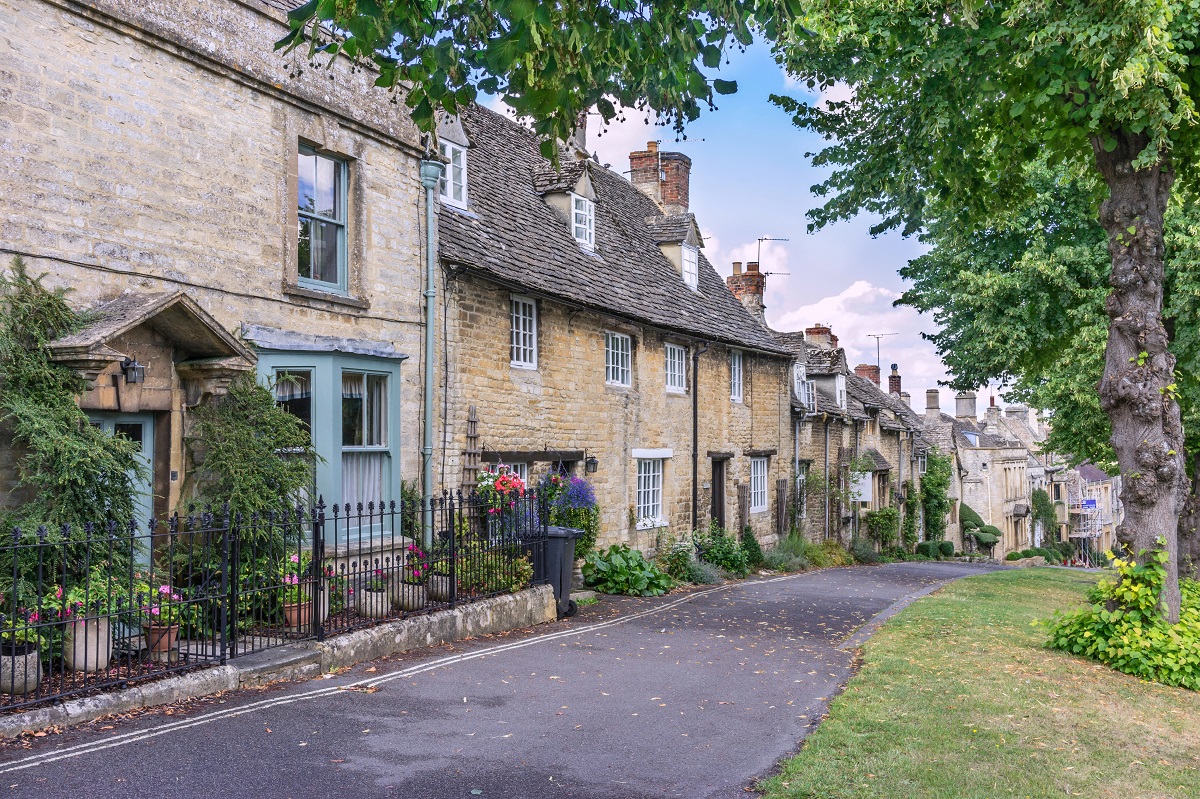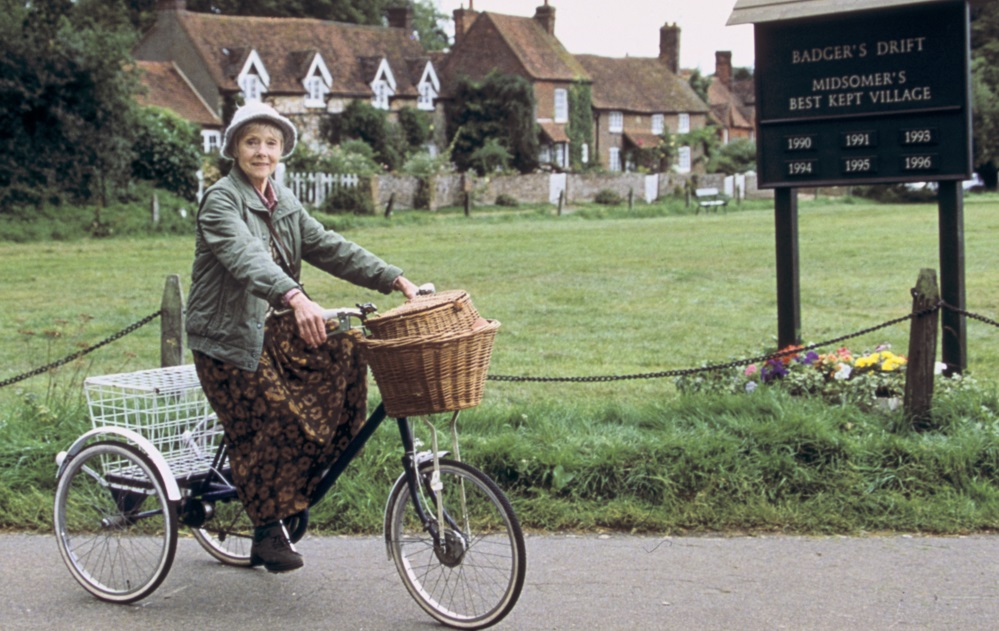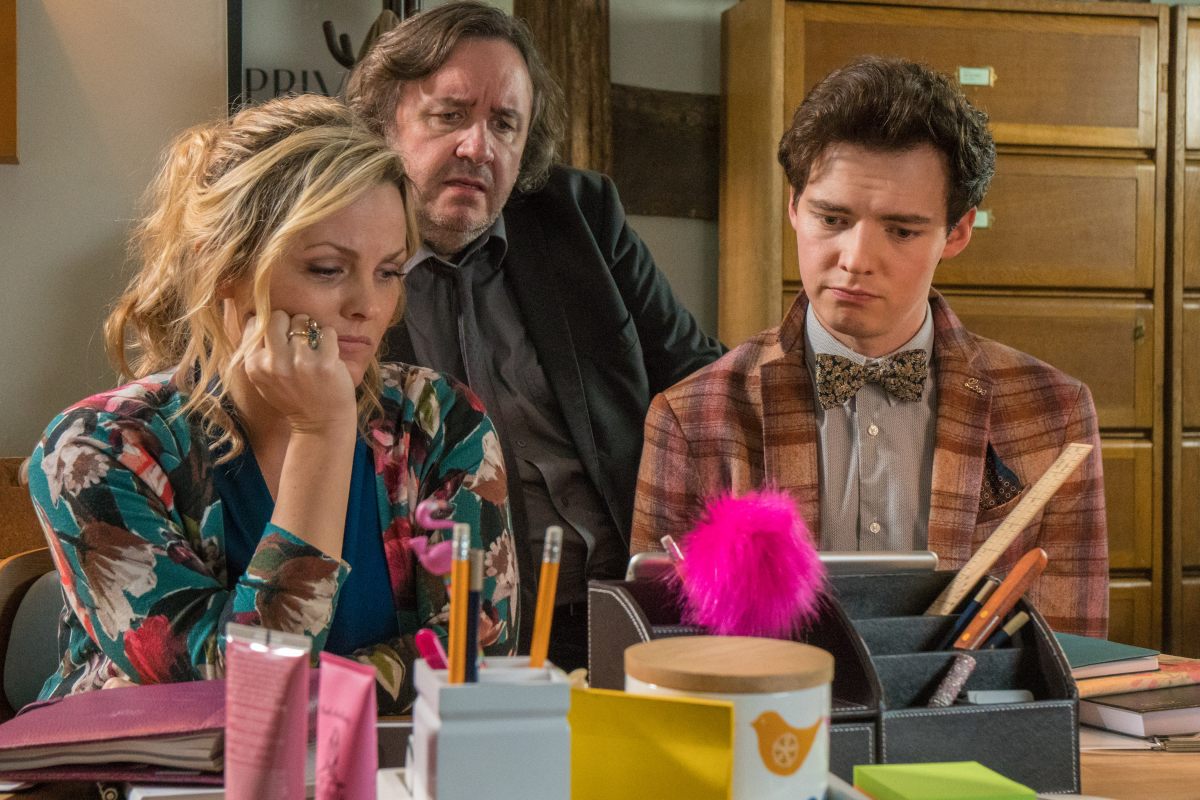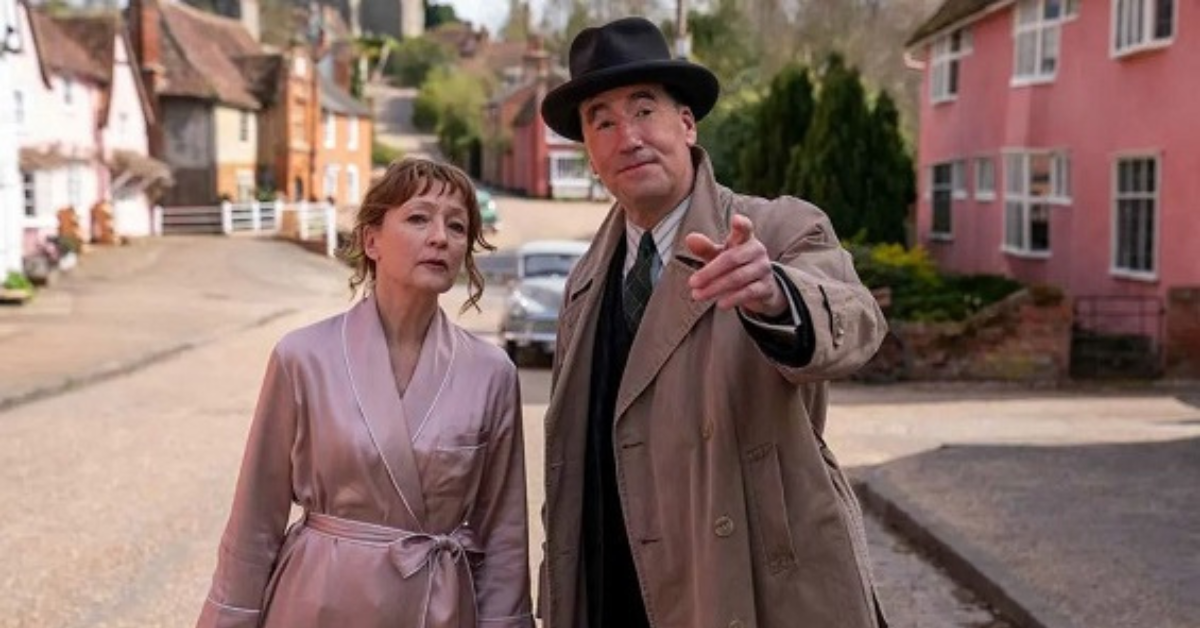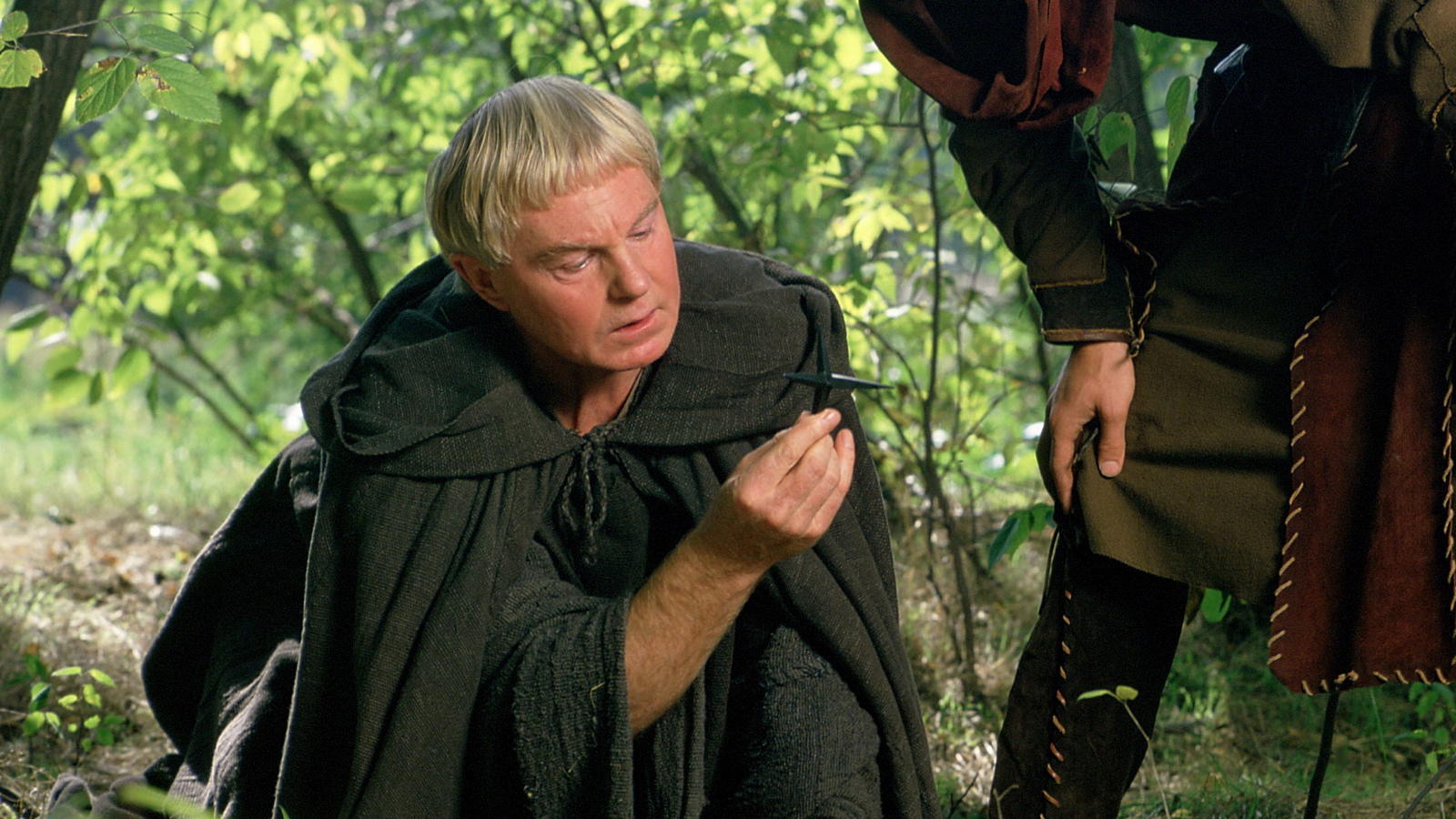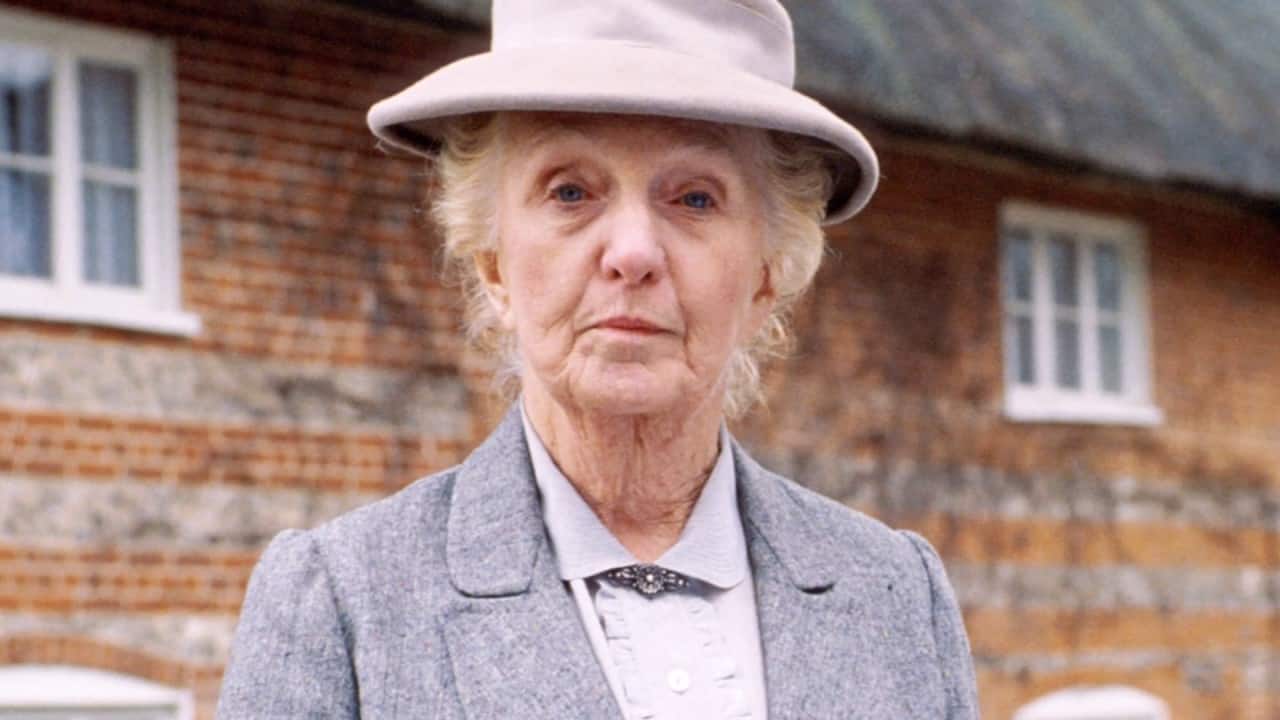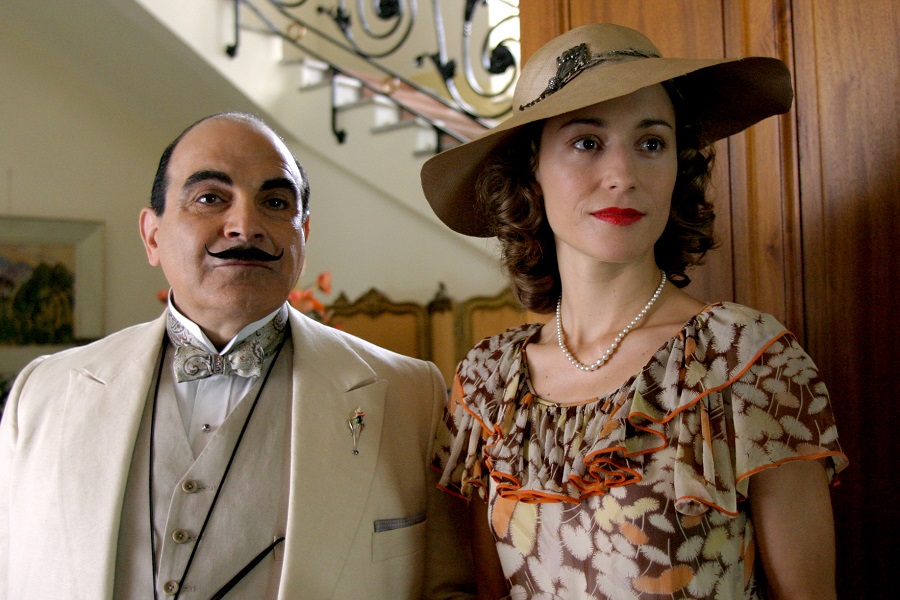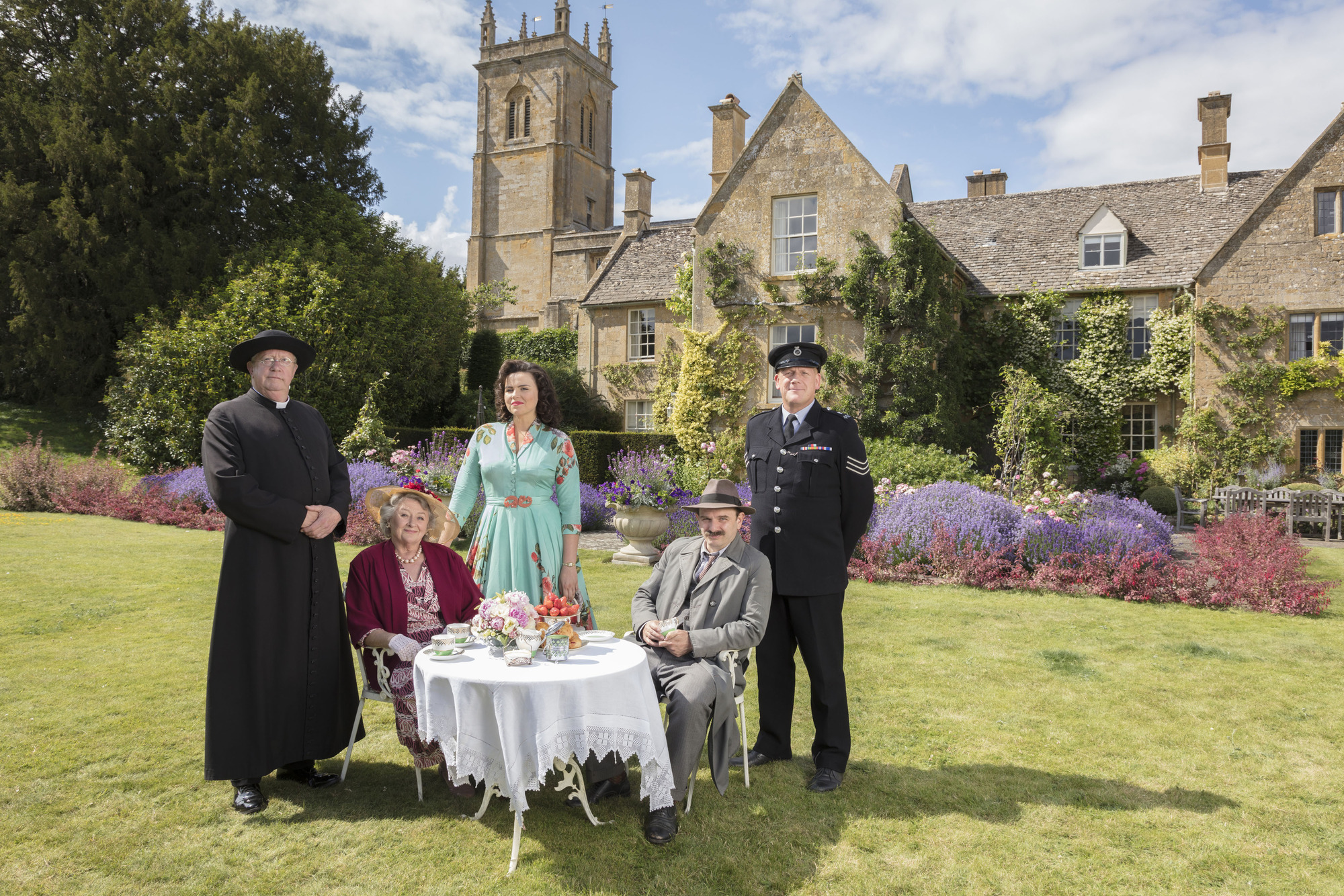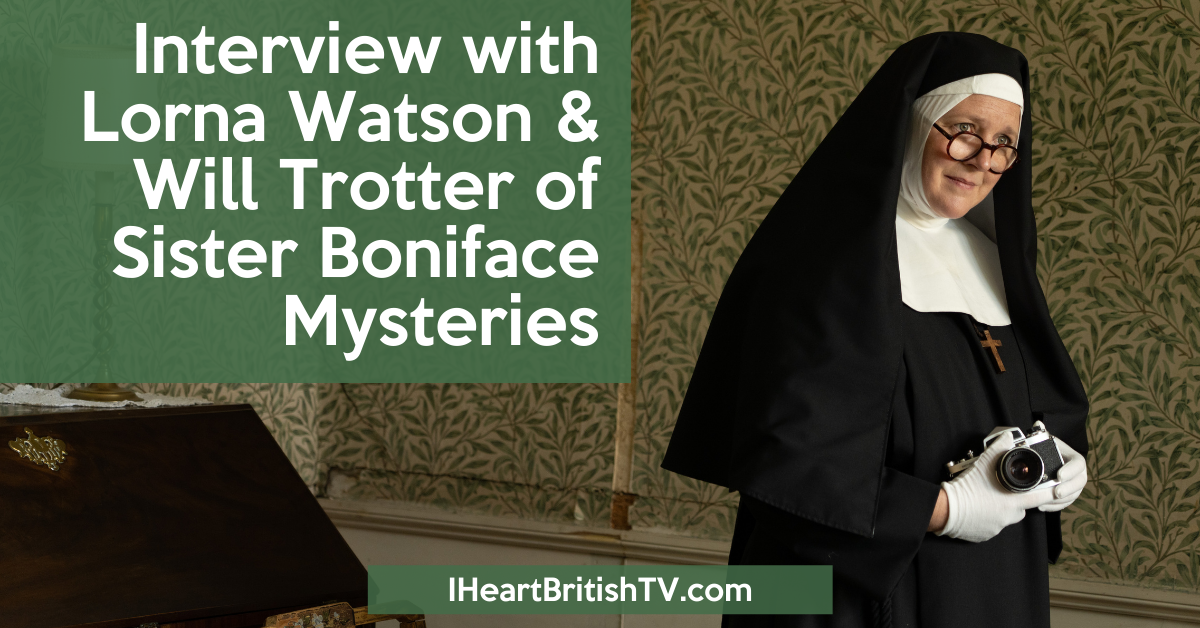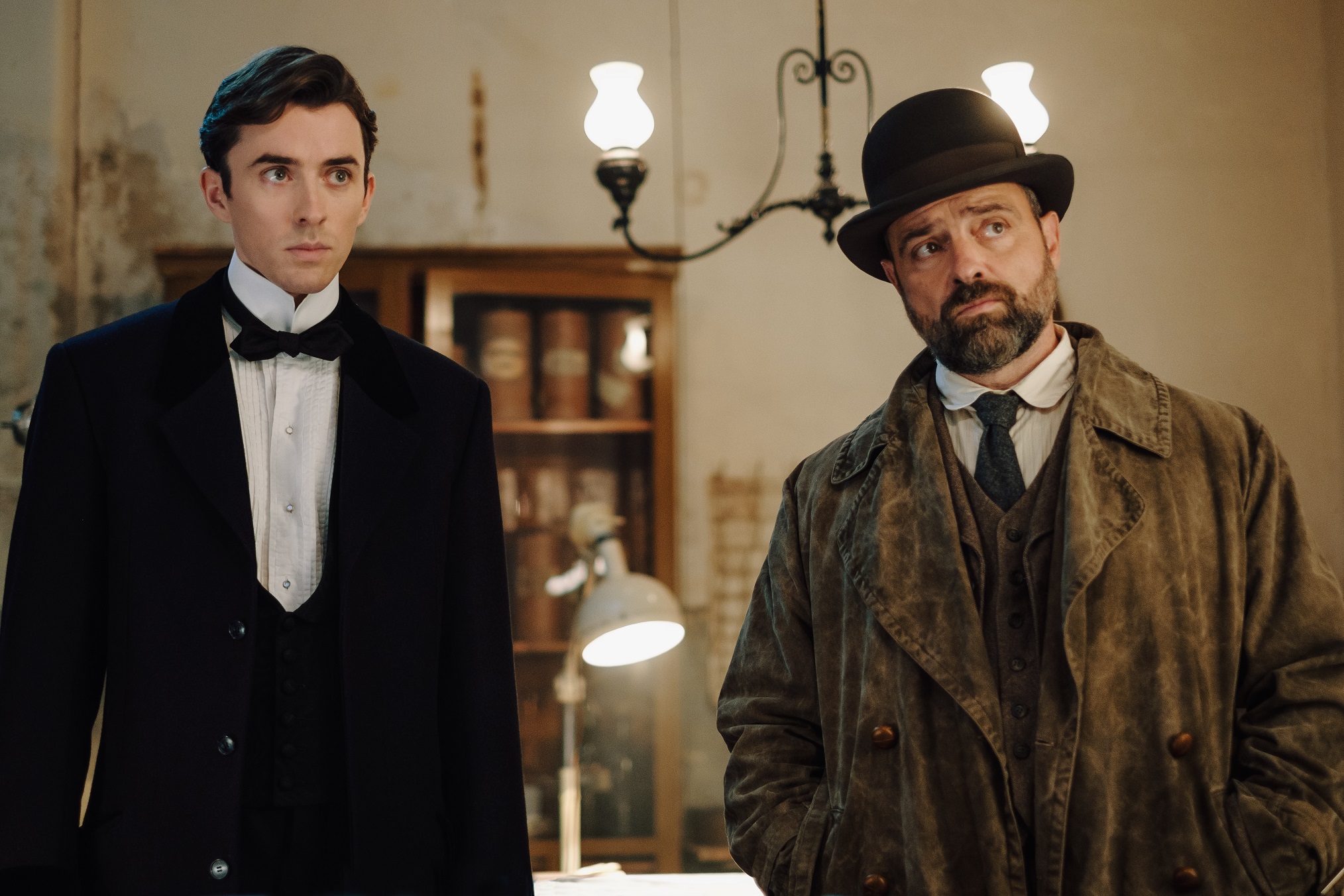What Is It That Makes Cosy British Village Mysteries So Appealing?
In some cases, we earn commissions from affiliate links in our posts.
Last Updated on April 13, 2024 by Stefanie Hutson
The idea of setting a murder mystery in a lovely British (or Irish) village is not a new one. For almost as long as there have been mystery stories, there have been mysteries set in beautiful, rural locations, especially in England. Their appeal has endured over more than a century now, but not everyone is a fan. In fact, some people are dismissive of the genre, calling them unrealistic and twee and generally failing to understand why some of us love them so much. To that end, we wanted to take a moment or two to celebrate what makes these village mysteries so fun.
As always, we'll include the disclaimer that not all of these reasons will resonate with all people – but given the number of emails we get from British TV fans, we know they're all part of the appeal for someone.
Gorgeous Scenery
Though it's certainly not exclusive to British village mysteries, cosy and “small town” mysteries nearly always take place in beautiful locations. Whether it's a British show like Rosemary & Thyme or a French one like Blood of the Vine (Le sang de la vigne), these types of mysteries give you more than just a crime to be solved – they're like a mini vacation to a place where everything is lovely (and the ugly bits are conveniently out of shot).
Most include quite a bit of nature, from well-maintained gardens and chirping birds to beautiful canals and tree-lined village streets. It's been well-established that being in nature is good for your physical and mental health – but a team from Exeter University found that even enjoying nature through a screen can be beneficial. Perhaps, on some level, many fans of these lovely village mysteries have known that all along.
They're Not Too Dark
Both visually and thematically, village mysteries tend to keep it light. That's not to say there are NO village-based mysteries that tackle heavy or dark subjects (Grantchester comes to mind), but when you look at shows like Agatha Raisin, Father Brown, Miss Marple, and Midsomer Murders, they typically give us sunny days and plots that don't linger on the darker aspects of the crime.
Yes, the villages might be full of people sleeping with the gardener, swindling their fellow villagers, and murdering in cold blood – but we don't dwell too much on that. The focus is on the characters, the puzzle, and the community as a whole. The mood is nearly always upbeat and hopeful, and in a world full of negativity and things to worry about, that can be a very good thing.
The Characters Are Like Old Friends
One hallmark of a good village mystery is a solid cast of characters you want to come back to. Unlike more serious police procedurals, it's not unusual for these quaint village mysteries to spend a significant amount of time on character development and sub-plots about the personal lives of the characters. Though not everyone appreciates that, it helps to make an otherwise slightly ridiculous world (where villagers get killed off at rates greater than you'd see in places like St. Louis or Detroit) feel a little more real.
In a series like Shakespeare & Hathaway, we come back not just to see the mysteries, but to see how Frank, Luella, Sebastian, Gloria, and Spider are getting on. Though the characters are frequently put in legal, social, or even mortal danger, it's virtually guaranteed they'll be okay in the end. It's exceedingly rare for this sort of mystery to kill off a major character (though a certain tropical “almost cozy” we won't name here is one notable exception).
Older Protagonists Are the Norm, Not the Exception
In modern American TV, lead characters over the age of 50 are relatively rare, and characters over 60 are an extreme minority – especially women over 60. Women “of a certain age” are largely relegated to supporting roles, often playing neighbour or grandmother characters. They don't get their own adventures, and they don't get much depth. When you DO see a woman over 35, there's a very good chance she's Botox'ed to such an extent that her facial skin remains frozen in the strangest places.
When it comes to British village mysteries, though, older women are celebrated. From classics like Miss Marple, Hetty Wainthropp Investigates, and Mrs. Bradley Mysteries to newer shows like Murder in Provence and Magpie Murders, it's not at all unusual to see women in their 40s, 50s, 60s, and beyond. Better still, they encompass a wide range of size, shape, and (conventional) attractiveness.
It's refreshing, and it's honestly a bit mind boggling that American TV got things so right with Angela Lansbury in Murder, She Wrote and then promptly forgot how well it worked.
Quirky People Are Celebrated
Whether it's the Rainbirds in the first episode of Midsomer Murders, the windmill-dwelling Jonathan Creek, the titular winemaking nun in Sister Boniface Mysteries, or Ben Miller's OCD professor in Professor T, British mysteries often include people who are a little different. Even better, we usually see those “oddballs” embraced for their strengths.
For anyone who's ever felt a bit different, it's a welcome change to see a wide variety of characters who aren't always the most handsome, beautiful, successful, and hilarious people around.
They're A Bit Removed From Modern Life
Even if you live a fast-paced life in a giant city or suburb, cosy mysteries allow you to spend time immersed in a world where people walk to the market on Tuesdays, say hi to their neighbours, and look after one another. In village mysteries, we rarely see sullen teens glued to their phones, people aren't constantly arguing about politics, and there's nary a Kardashian or Love Island star in sight. Even when the village is full of murderers and other people hiding dark secrets, there's a sense of cohesion and old-fashioned living you don't get in many places these days.
While even modern cosy mysteries provide an escape, many are also set in different time periods that offer even greater opportunities for escapism. Whether it's a medieval mystery like Cadfael (above) or a post-war series like Bletchley Circle, the genre offers all sorts of new worlds to explore.
Less Sex, Violence, & Swearing
Despite the fact that nearly every village-based mystery will involve one or more murders (ignoring the “Habeus Corpus” episode in series 18 of Midsomer Murders), cosy mysteries are gentler than most of the media we consume. Most murders take place either partially or entirely off screen, and swearing is either mild or nonexistent. Agatha Raisin did love a well-placed “Snakes and bastards!”, but we can't imagine Miss Marple dropping an f-bomb…
Even if you're not one to get offended by a bit of salty language, too much of it can feel harsh and stressful, creating a low-key feeling of unease. It may be realistic in many circles, but it's not always pleasant, and it's great that some shows provide a break.
It's not uncommon for village murders to include affairs as a plot point, but it doesn't really happen on screen. You might see someone frantically pulling on clothing to escape from a lover's abode, or a stolen kiss between two people who thought they were alone, but you can be certain you won't see the village school's headmistress naked and riding a local council member like she's trying to stay on a mechanical bull.
The Puzzles
At the heart of every good mystery is a puzzle – one that can be worked out if you pay attention. Whether you figure it out the first time or not, you can always go back and watch again to see where the clues were planted. It means that every mystery is doing double duty. You get a story AND a puzzle.
Justice Prevails
It's all but required that cosy villages mysteries come to a satisfying end where the culprit has been caught and order is restored. In real life, crimes go unsolved and victims lack closure. Bad people get away with bad things, and good people are too often victimised.
In a cosy mystery, you can be certain that everything is moving towards justice. Some shows explore human failings and the moral aspects of the crime in more depth (like Father Brown), but they all end with a general feeling that the correct and proper outcome has been achieved – and that's nice, even if it's just a TV show.
Fan of cosy mysteries? You can explore more HERE in our list of 30+ British cosy mysteries – or check out our list of 17 of the best British mysteries specifically set in quaint English villages by clicking HERE.
Save it to Pinterest!

